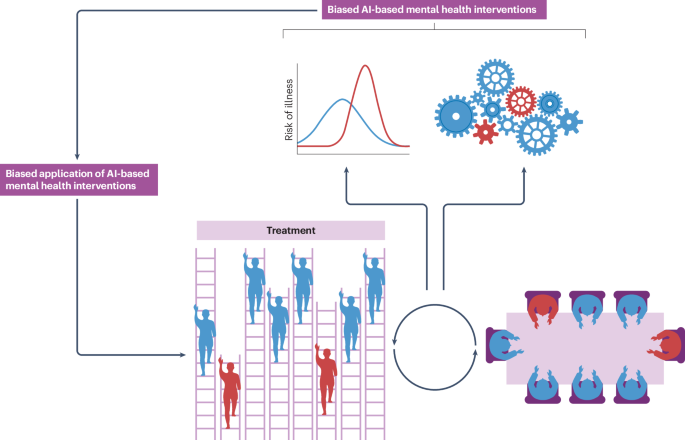Study: Seniors struggle with mental healthcare access after transitioning to Medicare


A comprehensive new study examining Medicare eligibility and mental healthcare reveals significant gaps that leave adults aged 65 and older with psychological distress facing reduced access to critical services. The research, published in JAMA Health Forum, analyzed data from nearly 4,000 adults to understand how transitioning to Medicare at age 65 affects mental healthcare utilization.
The study found that adults with psychological distress were less likely to receive outpatient mental healthcare after becoming eligible for Medicare. Specifically, outpatient visits dropped by 3.4 percentage points and psychotropic medication fills declined by 5.3 percentage points. That compares with similarly aged adults just under the Medicare eligibility threshold.
Researchers used validated screening tools to identify psychological distress, including the Patient Health Questionnaire and Kessler Psychological Distress Scale. These instruments help identify individuals experiencing depression, anxiety and other mental health conditions that interfere with daily activities.
The study also found that inpatient hospital admissions and emergency department visits increased by 5.5 and 8.1 percentage points, respectively — with the researchers suggesting that reduced access to outpatient mental healthcare may contribute to rising acute care use. They note that untreated mental health conditions can hinder chronic disease management and potentially lead to greater emergency care utilization.
In addition, the research highlights a critical disparity in provider participation. While 86% of physicians in other medical specialties accept Medicare patients, only 55% of psychiatrists participate in the program. This participation gap creates significant barriers for seniors seeking specialized mental health care.
Notably, general healthcare utilization remained stable during transition to Medicare, indicating that the access problems are specific to mental health services rather than healthcare broadly. The findings were consistent across different analytical approaches and remained significant even when accounting for various demographic and health factors.
According to the study authors, these findings “highlight the need for policies that address gaps in mental healthcare in the Medicare program.” The research suggests that current Medicare coverage may inadequately serve the mental health needs of America’s aging population — a shortfall that could contribute to increased emergency care use and worse outcomes if not addressed.
link







